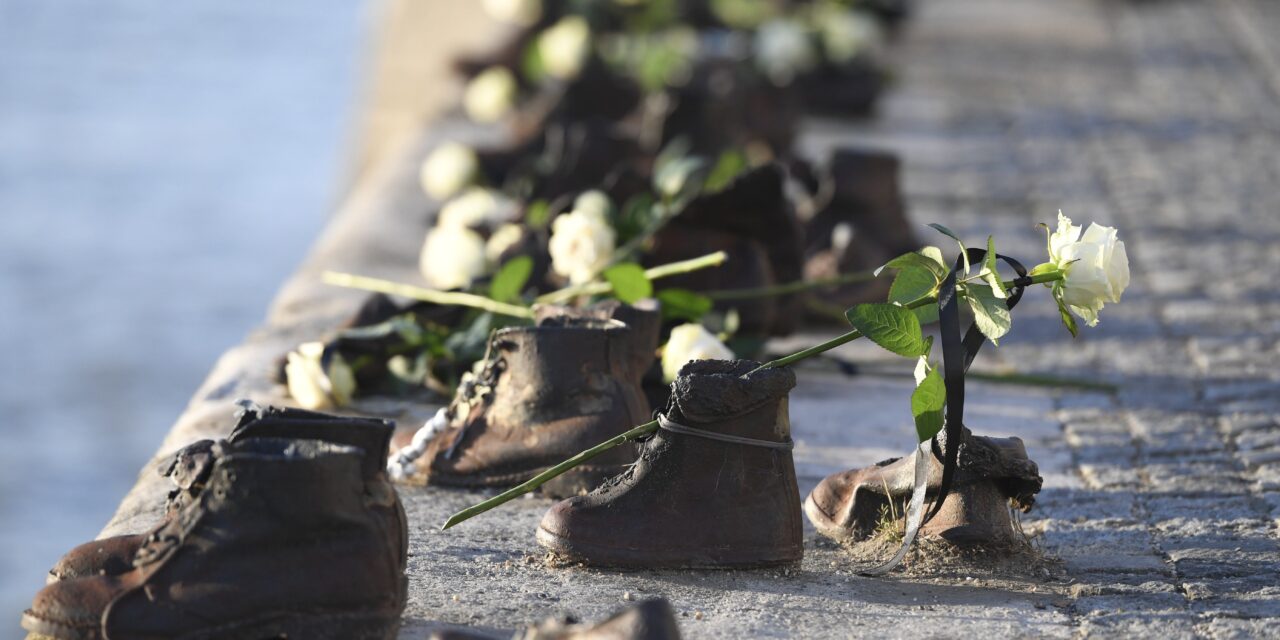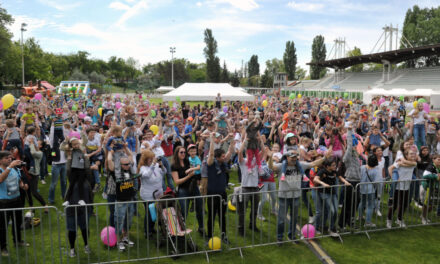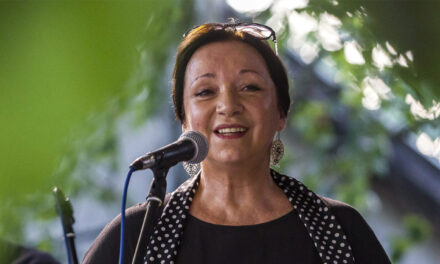Born on May 11, 1899, the nun gave shelter to nearly a hundred Jews during World War II. at the end of World War II, mostly for women and children. Together with the Jews he hid, the arrowmen dragged him away and shot him into the Danube, the memory of which is preserved in the Shoes on the Danube bank monument. In 2006, the Holy See beatified the Jewish rescue nun. This was the first canonization celebrated in Hungary since 1083.
The XIX–XX Literary lovers can best know the daily life of the 19th century Kassa bourgeoisie from the first volume of Sándor Márai's Confessions of a Citizen. The retrospective text, written with the demands of fiction and at the same time with sociographic accuracy, presents, among other things, the society, communities and inhabitants of the highland town inhabited by several nationalities and several religions. During this period, Lipót Schalkház was also a citizen of Kassai, who was the owner and manager of the inn founded by his father in the middle of the 1800s and named after the family. One hundred and twenty-five years ago, on May 11, 1899, one of her three children was born, whose official name was Schalkház Sarolta Klotild. Sára Salkaházi, the modern intellectual
Born into a family with Austrian roots, but completely assimilated into Hungarians, the girl was characterized by a strong patriotic feeling and an attraction to culture and the arts. He spent a lot of time at the hotel, on the board of which his mother played an important role after the early death of his father. The Schalkház Szálló was a popular meeting place for the city's artists, intellectuals, and journalists, its name also appears in the works of Gyula Krúdy, Erzsi Palotai and Béla Illés. Zoltán Kodály believed that the hotel had the best acoustic concert hall in the country.
Sarolta graduated as a teacher, then worked as a bookbinder, salesperson and journalist.
In the latter capacity, he worked for the Felvidéki Újság and the Kassai Újság, as well as the Prague Magyar Hírlap. For several years in the second half of the 1920s, he edited the newspaper Nép, which was the official newspaper of the Hungarian political organization in Czechoslovakia, the National Christian Socialist Party. At the same time, his works of fiction (short stories and short stories) were also published.
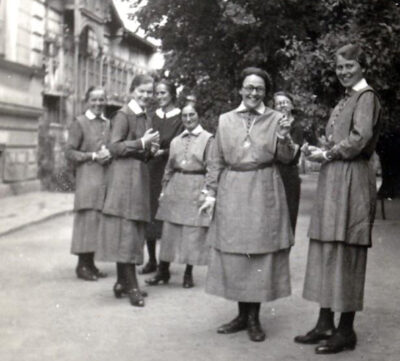
Source: Wikipedia
She lived an intellectual life as a modern, independent and self-supporting woman, who was already a ring bride (betrothed to a farm officer studying in Kassa) when she turned to God and chose the monastic life at his invitation. She changed her name to Sára Salkaházi and joined the Society of Social Brothers, led by Margit Slachta, the first member of parliament in Hungary, whose house she was active in first in Szegvár, then in Komárom, Kassa, and finally in Budapest.
She took her vows as a nun on Pentecost 1930 in Szegvár, Csongrád county. He noted the following in his diary about this event.
Two years ago, I was still a light-hearted person smoking cigarettes, partying, hanging out with gypsies! So what do I want now, in a few months? "I've been in the troupe for a year, 20 months since I realized my vocation!" So not even two years! Well, can I talk about completion then? No no no! And lo and behold, yesterday I knelt there and said with a slightly faltering tongue, a little moved, but a little dry: »My sweet savior, Lord Jesus...« I said it not from my own strength, not from my own determination, but from the one who chose and called and brought me! And of course, I can't say anything else, except that God be blessed! Alleluia! Alleluia! Alleluia!
He took his motto from the prophet Ezsaiás (Izayás in the Catholic tradition, Jesaja in the Israeli tradition) who is also a "scholar of terrifying words" in the poetic world of Miklós Radnót: Ecce ego, mitte me! "Here I am, send me!"
Sára Salkaházi, the nun
As a member of the Society of Social Brothers, his main tasks were social care for the fallen, caring for young children and the elderly, but he was also one of the coordinators of the order's press. In the spirit of this, upon arriving in Komárom, he reorganized the local forms of activity: he managed the office of the Komárom People's Welfare Center, the five-hundred-person children's kitchen, the Liturgia book and paper store, edited and published the monthly magazine Katolikus Nő, and held religious classes for elementary and civil school students.
During the persecution of the Jews, he bravely stood up against all forms of discrimination and exclusion. At the beginning of 1943, in an article, he wrote the following, referring to the inhumane situation of labor servicemen of Jewish origin.
Do you want doubled divine help for your loved ones in the midst of danger? Take the fate of others into your heart, especially those who are difficult to take into your heart in this way. Take into your heart a labor camp who is excluded from the brotherhood by the zeitgeist. In these deadly serious times, dare to banish indifference, lack of love, and hatred from your heart - dare to acknowledge that other mother and son as your brother, dare to accept their pain and carry their cross. And dare to do it. Dare to ask, wish, urge your relative, who is a labor camp commander, to be as superior to the servicemen as he wishes his son to be at the front or in captivity of the enemy. Speak before him the eternal words of Christ: with the measure you measure, you will be measured with the same measure.
He did not abandon his fiction ambitions even as a monk. In addition to his short stories, he wrote a play in XIII. century Hungarian Dominican sister, IV. About the life of St. Margit Árpádházi, daughter of King Béla, born during the Tatar invasion, whose sainthood was proclaimed in November 1943 by Venerable XII. Pope Pius. Sára Salkaházi herself taught the mystery play Light and Fragrance to the actors belonging to her monastic family. The premiere of the play was held on March 19, 1944 at the Hungarian Culture House in Budapest, today's Erkel Theater.
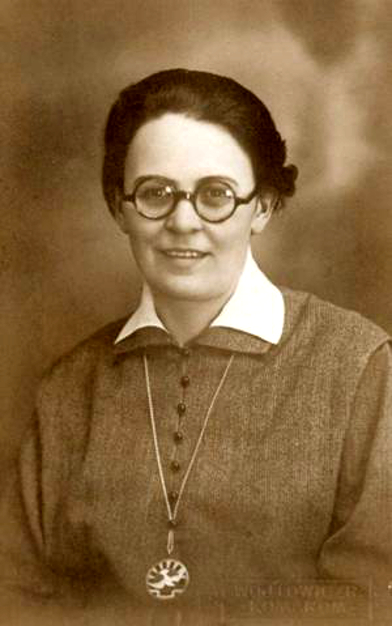
Blessed Sára Salkaházi is a nun of the Society of Social Brothers, the savior and martyr of nearly a hundred Hungarian Jews during the reign of terror. His beatification procedure was initiated by the Society of Social Brothers at the end of 1996, and was approved by the Holy See in January 1997. His beatification decree XVI. Pope Benedict signed it on April 28, 2006, and it was solemnly announced on September 17 in the square in front of the Szent István Basilica in Budapest.
On that day, our country was invaded by the troops of Nazi Germany, one of the tragic consequences of which was the spread of anti-Semitism at a greater rate than ever before, the institutionalized persecution of Jews and ultimately the deportation of Hungarian Jews to death camps. Sára Salkaházi and her colleagues primarily hid Jewish women, especially mothers and children, during the Holocaust: thirty to forty people at a time, but the number of Hungarian Jews they saved is around one hundred. As the head of the Catholic girls' home in Bokréta Street maintained by his order, he provided shelter to many persecuted people, and many Hungarian Jewish citizens were also given safe accommodation in their Jankovich Colony resort in Balatonboglár.
Due to his activities, he was reported during the Arrow dictatorship. The traitor Ferenc Szálasi and his National Socialist followers dragged him along with the Jews he hid and shot him into the Danube on December 27, 1944. His body was never found, and there is no grave. According to the recollections of eyewitnesses, before he was shot, he knelt down, made the sign of the cross and - looking into the eyes of his executioners - died praying. Almost a decade before his martyrdom, in April 1935, he wrote in his diary:
I often think about my death, what will it be like? I want to think that with complete humility, I accept from God, wherever, under whatever circumstances he sends me.
His life-saving activities and martyrdom were also recognized by the Jewish communities and the Catholic Church. In 1969, the Yad Vashem Institute in Jerusalem included him among the Righteous Among the World. XVI. And Pope Benedict included him in the ranks of the blessed, that is, he allowed Catholics to venerate him publicly. His birthday is May 11. His beatification took place on September 17, 2006 in Budapest's Szent István square, in the presence of a crowd of ten thousand.
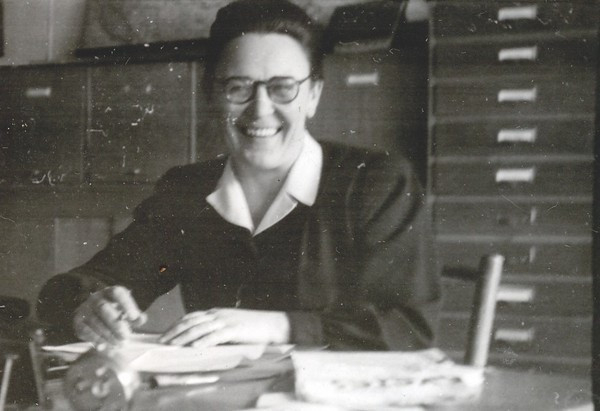
Source: Hungarian Courier
Sára Salkaházi was both a modern woman, a creative intellectual, a woman who embraced the Christian faith and bravely stood up against the rampant hatred during the persecution of Jews, who was also able to sacrifice her life in defense of those persecuted because of their origin. His thoughts written down shortly before his death are eternal:
It is not dynamite, not ekrazit, not the bomb that destroys, but the spirit that controls them: hatred. Hate leads to grief and pain. Love wipes away tears, comforts. We want love. And we want to build with justice.
Featured image: Flowers placed by the participants of the commemorative march organized on the European Day of Remembrance for the Victims of Totalitarian Dictatorships at the Shoes on the Danube Bank memorial on August 23, 2017. MTI Photo: Szilárd Koszticsák

